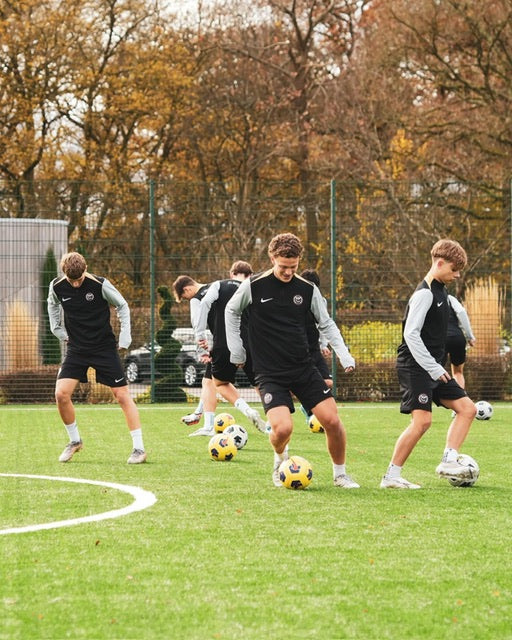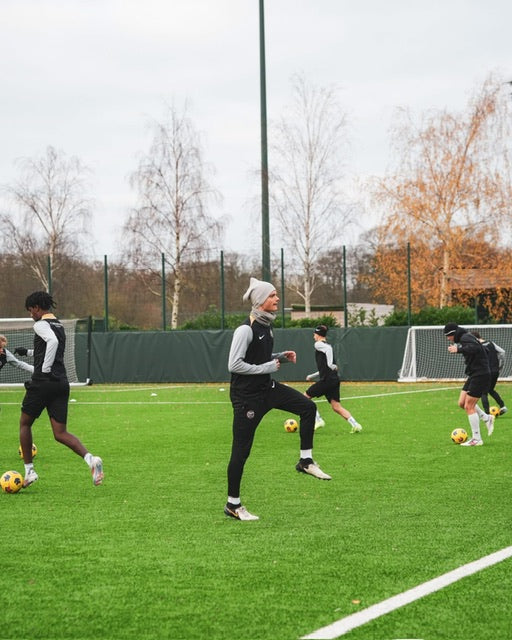Elite football matches often hinge on crucial moments, where split-second decisions can determine outcomes. Young footballers aspiring to excel in UK football academies and elite football schools must master the art of decision-making under pressure. Remaining calm, clear-headed, and decisive during high-stakes situations separates good players from great ones. This blog provides practical guidance, strategies, and techniques to help you develop the composure and mental clarity necessary to make excellent decisions consistently during pivotal moments in matches.
Develop Situational Awareness
Enhanced situational awareness is key to effective decision-making under pressure:
- Scanning the Field: Regularly practice scanning the pitch, identifying teammates' positions, opposition movements, and available space.
- Predictive Thinking: Learn to anticipate possible outcomes of various plays, preparing mentally for quick decision-making.
- Spatial Recognition: Improve your understanding of space on the pitch, ensuring quicker and smarter decisions during critical situations.
Enhancing Composure through Preparation
Consistent preparation helps maintain composure during pressure-filled moments:
- Match Simulations: Regularly participate in high-pressure training drills that replicate match scenarios to build familiarity and comfort.
- Visualisation Techniques: Mentally rehearse challenging scenarios, practicing decision-making responses beforehand to enhance real-time performance.
- Routine Development: Establish and follow pre-match routines that promote mental readiness and reduce anxiety, allowing for clear-headed decision-making.
Mental Toughness and Emotional Control
Maintaining emotional balance is crucial when facing intense situations:
- Mindfulness and Breathing: Regularly practice mindfulness and controlled breathing exercises, building emotional resilience and composure under pressure.
- Positive Self-Talk: Use internal dialogue positively, reinforcing confidence and calmness during critical match moments.
- Bounce Back Quickly: Cultivate resilience, learning to swiftly move past mistakes and maintain composure for future decisions within the same game.
Decision-Making Frameworks
Having structured frameworks helps in making rapid, effective decisions:
- Quick Evaluation: Develop simple decision-making criteria for match situations, quickly evaluating the best available options.
- Prioritisation: Recognise and prioritise high-impact decisions during matches, focusing on outcomes that significantly influence match results.
- Reflective Learning: Post-match analysis helps identify decision-making strengths and weaknesses, informing future frameworks and strategies.
Conclusion
Mastering decision-making under pressure is essential for any footballer aiming for elite UK academies and football schools. By developing situational awareness, consistent preparation, emotional control, and structured decision-making strategies, you enhance your ability to excel during crucial match moments. Implement these practices today to build your composure and elevate your performance when it matters most.



